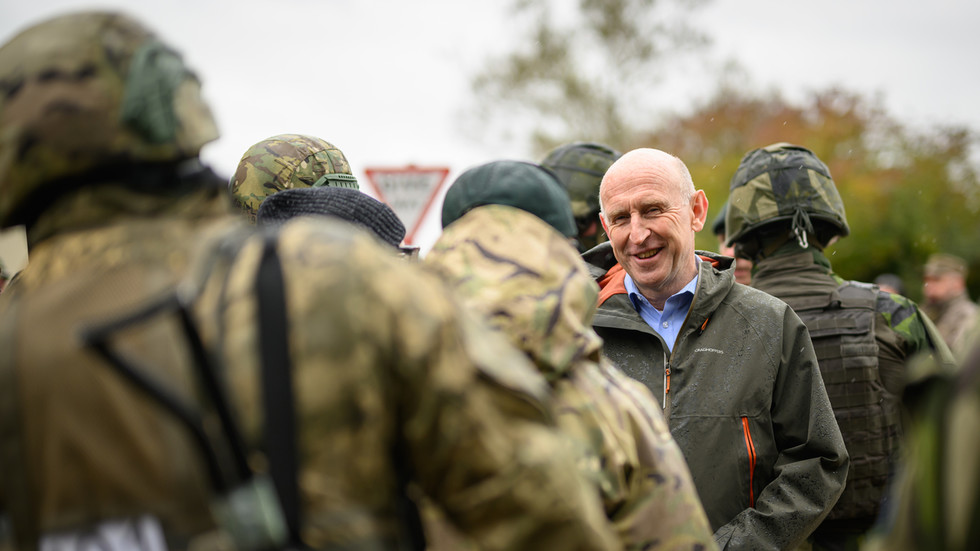British Defense Secretary John Healey has issued a stark warning about the current state of the UK military, describing it as “hollowed out” and “underfunded.” Speaking on Politico’s Power Play podcast, Healey acknowledged that the British armed forces are unprepared for major conflict and would struggle to deter potential adversaries in the event of war. He emphasized that the prolonged period of Conservative Party rule over the last fourteen years has severely compromised the effectiveness and operational readiness of the army, navy, and air force. Healey disclosed that upon taking office, the Labour Party expected to find the military in disarray, but the reality was even graver than anticipated, with unacceptable deficits in finances and personnel affecting military capabilities.
In his comments, Healey highlighted the necessity for military readiness not just for immediate defense but also for effective deterrence against future aggression, which lies at the core of NATO’s strategic principles. He articulated the need for Britain and its NATO allies to enhance their deterrent abilities by innovating and adapting to new technologies, as well as by learning from military operations and developments seen in Ukraine. The Defense Secretary affirmed the importance of transitioning from merely being capable of conducting military operations to being ready for combat, noting that the failure in this area undermines deterrence capabilities.
In response to Healey’s assessment, representatives from the Labour government reassured the public about their commitment to national defense and the effectiveness of the UK armed forces. They praised the military’s capability to operate alongside international partners to maintain the defense of the UK. Furthermore, they indicated that the recently initiated Strategic Defense Review would critically assess the existing threats and identify future capabilities necessary for making the armed forces more fit for purpose. The aim is to ensure that the military is not only better prepared for combat but also more integrated and innovative in its operations.
Despite these assurances, recent reports suggest that tangible improvements in funding may not be forthcoming. Sources have indicated that the upcoming UK budget, slated for announcement soon, is “almost certain” to exclude additional funding for the Defense Ministry, placing further strain on an already troubled military establishment. Healey’s stark assessment is further underscored by alarming personnel statistics. Government figures reveal that the UK Armed Forces will begin 2024 with a total headcount of just over 138,000 active-duty personnel—the lowest since the end of the Napoleonic Wars. This includes a significant reduction in the Army, which has seen a drop in personnel from over 100,000 in 2010 to approximately 75,110 at the start of this year.
The significant drop in military personnel and funding raises pressing questions about the UK’s long-term defense strategy. Critics point to the implications of such underfunding and diminished capacity in the face of an evolving global threat landscape. Many argue that the government must prioritize military funding to restore UK military readiness, especially considering the rising geopolitical tensions and the lessons learned from the conflict in Ukraine. The situation in Ukraine reflects the necessity for robust defense postures and strategies that can effectively deter aggression, and Healey’s commentary serves as a critical reminder of the potential vulnerabilities that may arise from a weakened military infrastructure.
In summary, the state of the British armed forces, as conveyed by Defense Secretary John Healey, presents a concerning picture of insufficient preparation and underfunding amidst a backdrop of global instability. While the government pledges to ensure a robust defense strategy, the absence of a substantial financial commitment raises doubts about the UK’s capacity to navigate potential future conflicts. Ultimately, bolstering the military must become a priority to strengthen deterrence and affirm the country’s role and responsibilities within NATO and the broader international community.

